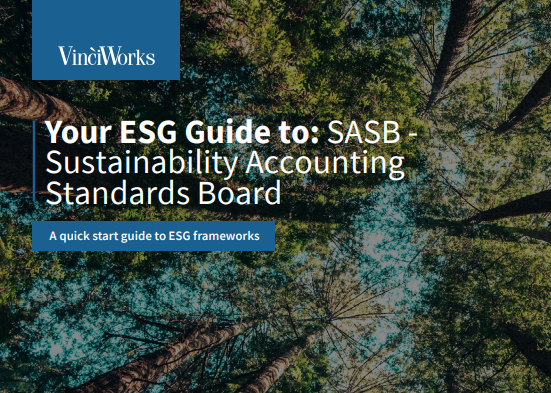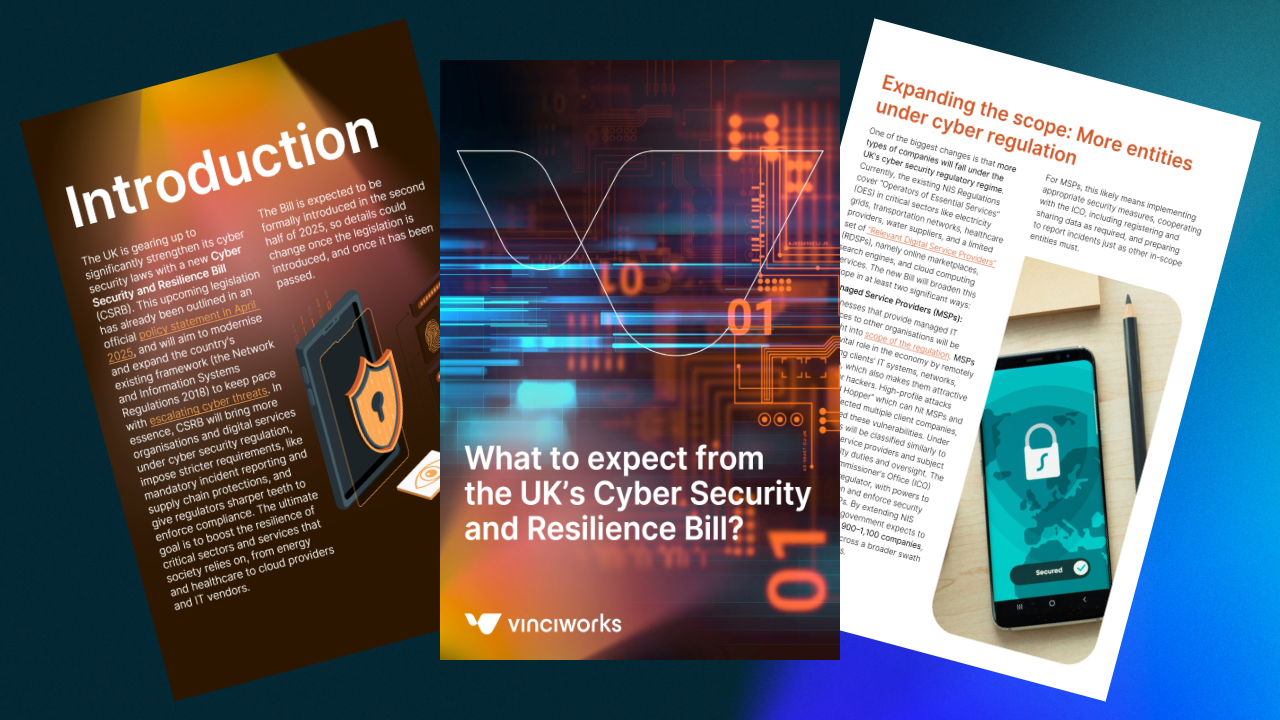
ESG is very wide, from greenhouse gas emissions to modern slavery concerns to board composition. These three factors, environmental, social, and governance, measure a company’s impact on the world. Making a plan to start ESG scoring can seem overwhelming. But really, compliance complements ESG reporting in a very meaningful way.
What are the most popular ESG frameworks?
There are many reporting frameworks for ESG. For the most part, these frameworks are not regulated, but rather set up by independent associations and agencies. Choosing a reporting framework to build an ESG programme is not necessary, but it can help. Some industries have reporting frameworks that are standard or generally accepted. You can also report on multiple frameworks, or start your ESG process separately before diving into a framework. Using a particular ESG framework can help to guide your reporting processes, showing you where to look, what to measure, and how to communicate it.
Some of the most popular ESG frameworks are the World Economic Forum (WEF), the Global Reporting Initiative, the Sustainability Accounting Standards Board (SASB), the International Integrated Reporting Council (IIRC), the Carbon Disclosure Project (CDP) and the Task Force on Climate-Related Disclosures (TCFD). VinciWorks has created a series of quick-start guides to these frameworks.
What is the SASB ESG framework?
The SASB framework is a globally recognised set of ESG standards that are more relevant to financial performance. There are specific sets of standards for 77 industries across 11 sectors. They map how an organisation’s sustainability efforts impact its value. These standards have been adopted by over 1,000 companies representing $72 billion in assets. Because these standards focus on finance, some companies use SASB to complement other ESG reporting frameworks.
The SASB framework is good for companies within SASB sectors, those focused on financial performance, including investment houses and financial services. However, those using this framework may require an additional ESG framework to complement SASB, as the SASB disclosures are mainly relevant for financial stakeholders and it doesn’t provide a good framework for wider ESG efforts.
Want to learn more and check if SASB might be the right framework for your organisation? Click the button below to download our quick start ESG guide to SASB.
Your ESG Guide to: SASB – Sustainability Account Standards Board













